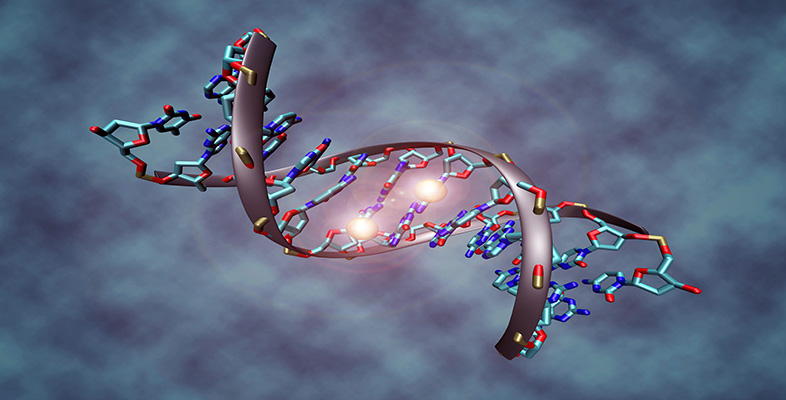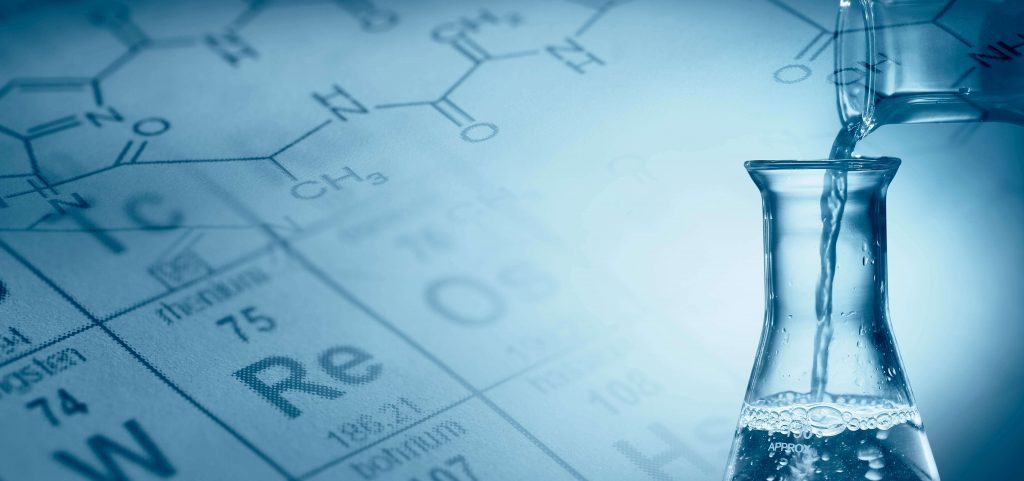The objective of course is to help student acquire basic knowledge about Nucleic acids and few biochemical techniques. To enable students understand, design, handle and develop experiments based on the techniques.

- Teacher: Dr. PRATHYUSHA YAMARTHI
- Biochemistry explains in detail about the structure of biomolecules and various bio-chemical reactions of body systems

- Teacher: Dr K. DEEPTHI PRIYA
'The English Turf' is a General English course designed for first year students that enables them to acquire good English language skills for success in their professional and personal lives, The course has been designed keeping in view the real life and contextual aspects of language, giving emphasis to acquiring both proficiency and fluency of English language. The texts have been carefully selected keeping in view the literary, language and moral dimensions, for teachers and students to explore all the teaching and learning possibilities. Such an approach would enable students to gain thinking, observatory, and critically analyzing skills, while also connecting the texts with contemporary situations. Components like:
i. Vocabulary
ii. Grammar
iii Speaking Skills
iv. Soft Skills
are incorporated in each of the units. The various practice exercises and task-based activities give the students and teachers build an interactive and student-centric teaching and learning atmosphere .
- Teacher: Dr. MAITHRY SHINDE
- Teacher: MAHANTA CHAUHAN
COURSE OBJECTIVES:
This course is designed to have an understanding of the physico-chemical properties of organic and inorganic compounds.
COURSE OUTCOMES:
Students will be able to
CO1: Understand the physical and chemical properties of oxides and halides of p-block elements.
CO2: Understand the chemistry of noble gases and their compounds
CO3: Differentiate the pathway of nucleophilic substitution reaction of organic halides.
CO4: Analyze the properties of d-block elements
CO5: Prepare alcohols, phenols and ethers, and have an understanding of their chemical reactivity
CO6: Synthesize aldehydes and ketones and gain mechanistic insights of their reactivity
CO7: Correlate the chemical behavior with variation in electric potential
CO8: Volumetrically and gravimetrically analyze ions in solution
CO9: Understand the optical activity of organic compounds
CO10: Quantitatively analyze ion concentration in a sample by titration methods

- Teacher: Dr. SATABDI ROY